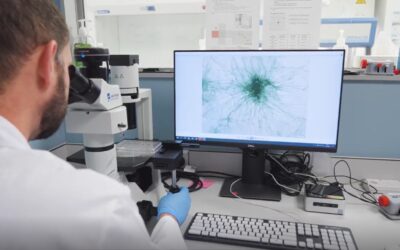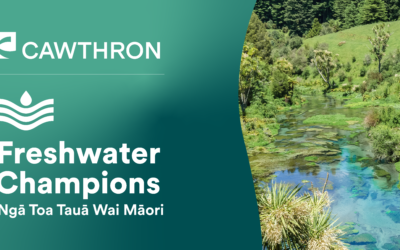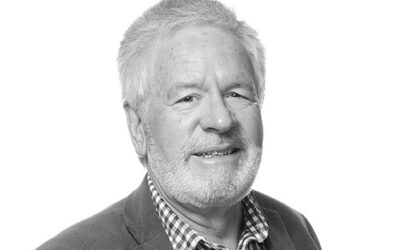Understanding divergent perspectives on introduced trout in Aotearoa
The Cawthron Institute, with funding from the Biological Heritage National Science Challenge, have conducted a study that explores divergent experiences and perspectives on introduced trout.
The study, published in Kōtuitui: New Zealand Journal of Social Sciences, involved interviewing people with key roles and unique knowledge in freshwater fish management. Interviewees included Māori knowledge holders, freshwater fish management staff, and native fish and salmonid scientists. The interview topics ranged from personal experiences with trout to policy settings for fish management.
The responses from interviewees included markedly different experiences of and perspectives on trout. However, it also identified plenty of common ground and shared values that will help to guide future conversations about the management of introduced species.
The hope is that the study’s findings inform future conversations about the management of introduced species by broadening the objectives of trout management, to beyond just the wishes of trout anglers. The study’s authors argue this will reduce the harm they cause and strengthen the role that trout and their advocates have in protecting and connecting people with freshwater.
Funder: Biological Heritage National Science Challenge
Researchers: Marc Tadaki, Robin Holmes and Kiely McFarlane of Cawthron Institute and Dr Jane Kitson of Kitson Consulting Ltd.
Contact Marc Tadaki or Robin Holmes.
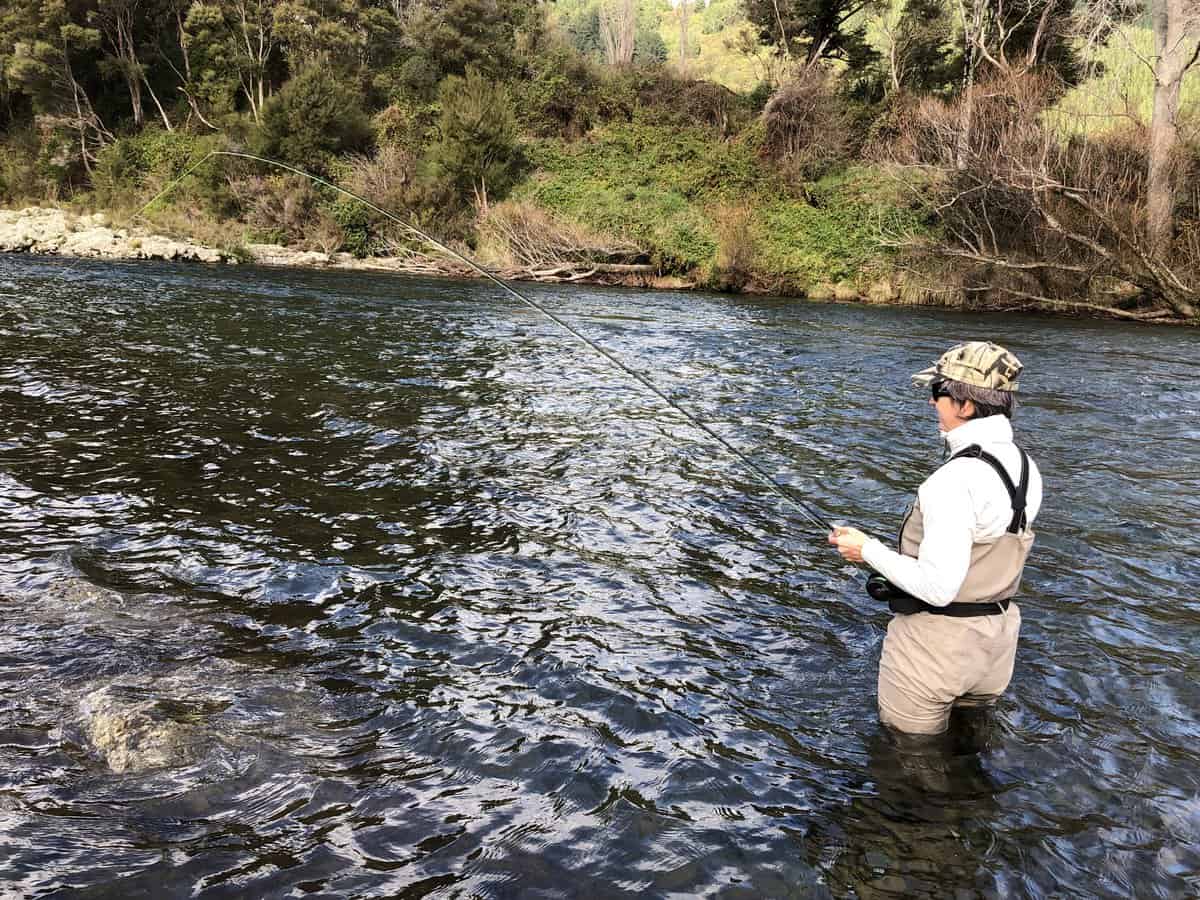
Image: Cawthron Institute.
Marc Tadaki
Social scientist
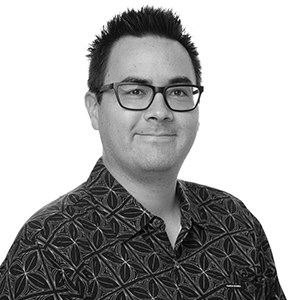
Robin Holmes
Team Leader – River and Lake Ecology
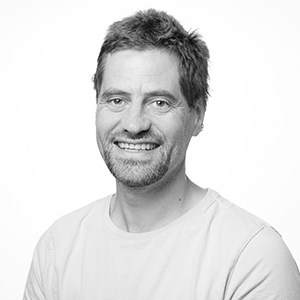
Other freshwater health projects
New Laser-Based ‘Chemical Fingerprinting’ Technique Helps Uncover Sources of Greenhouse Gas
A Cawthron scientist and his collaborators have developed a cutting-edge method to better understand where the powerful greenhouse gas nitrous oxide (N₂O) comes from in aquatic environments — and it might change how we think about sources of climate pollution.
Cawthron Institute seeks nominations for Aotearoa New Zealand’s next Freshwater Champions
Lindsay McKenzie has been appointed as the next Chair of the Cawthron Institute Trust Board, succeeding John Palmer who steps down after six years of service.
Cawthron Institute Trust Board announces new Chair
Lindsay McKenzie has been appointed as the next Chair of the Cawthron Institute Trust Board, succeeding John Palmer who steps down after six years of service.
